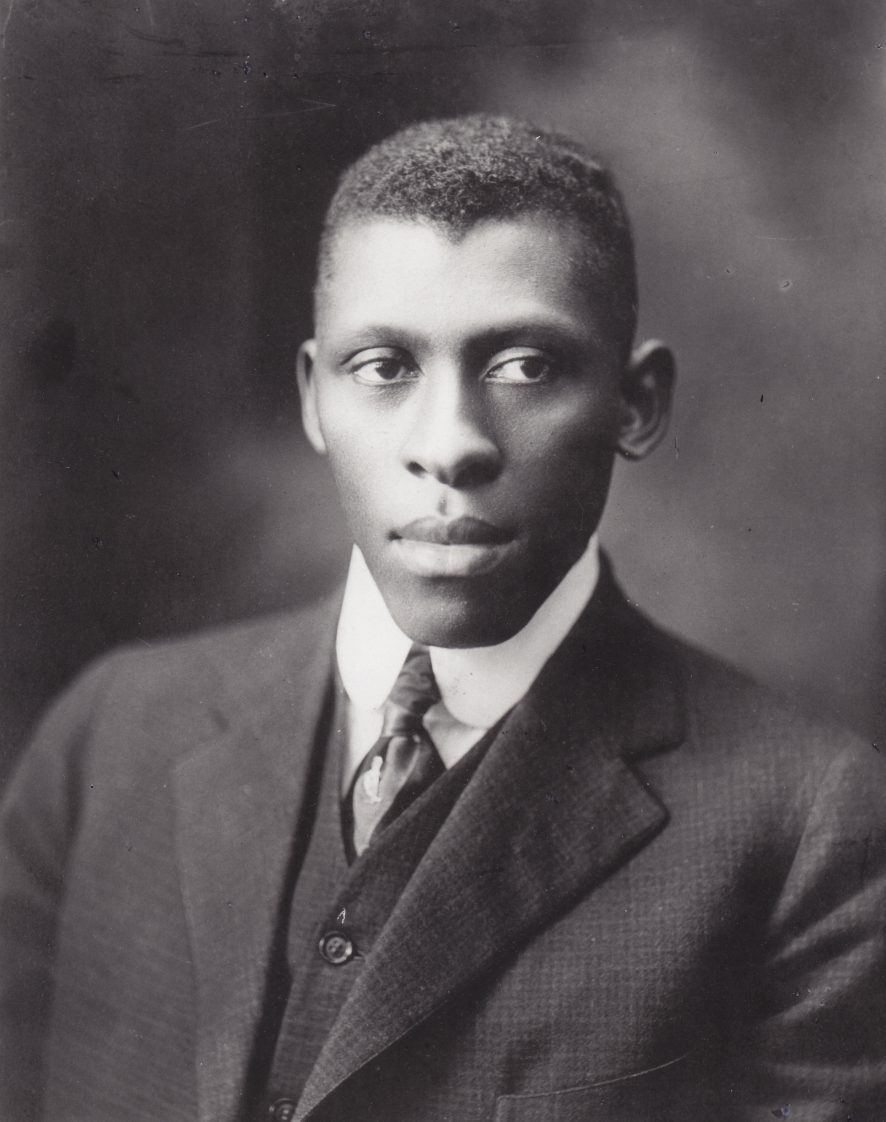Urban Agriculture

Thomas Monroe Campbell is widely recognized as the first African-American Extension agent. Campbell began his agricultural journey working with his father who was a tenant farmer in Georgia. At 15 years old, he made his way to Tuskegee Institute in Alabama where his brother was also a student. Although not the best student, he worked hard to prove himself and eventually caught the eye of both Booker T. Washington and George Washington Carver, Tuskegee Institute’s president and its leading scientist.
A Career Begins
Washington and Carver established the Tuskegee Institute Movable School of Agriculture with the use of the Jesup Agricultural Wagon. It was named after the New York banker, Morris Jesup, who financed the project. To advance the program, both Washington and Carver appealed to the United States Department of Agriculture (USDA) to make Campbell an Extension agent. Their petition was granted and Campbell set out to fulfill the vision of educating rural farmers about agricultural best practices. At this time, he was a recent graduate of the Tuskegee Institute.
Influence Beyond Alabama
By 1919, Campbell’s Extension efforts were well-known, and he was appointed as a field agent by the USDA. In this role, he supervised African-American Extension staff in the Deep South, including Georgia, Florida, Louisiana and Mississippi. During the Great Depression, black farmers and black Extension suffered greatly. To find some relief, Campbell sought help from President Franklin Roosevelt’s New Deal legislation.
In addition, Campbell assisted with war efforts in both World War I and II by raising funds, locating horses and mules for military use, promoting food production and coordinating war bond drives. Then, in 1944, he was appointed to a commission to go to West Africa to study rural life in countries now known as Liberia, the Democratic Republic of the Congo, Nigeria, Ghana, Sierra Leone and Cameroon. Upon his return, he published an account of the trip titled Africa Advancing: A Study of Rural Education and Agriculture in West Africa and the Belgian Congo.
The Legacy
Campbell retired in 1953 after 47 years of service. Today, his legacy lives on in the work of Cooperative Extension programs across the nation. To further honor his life achievements, the state of Alabama recognized Thomas Monroe Campbell Day on November 12, 2023.


